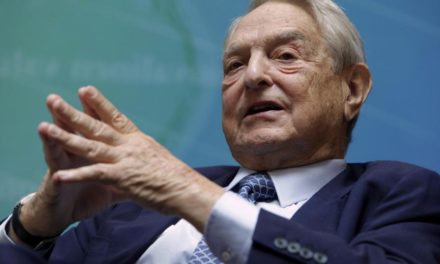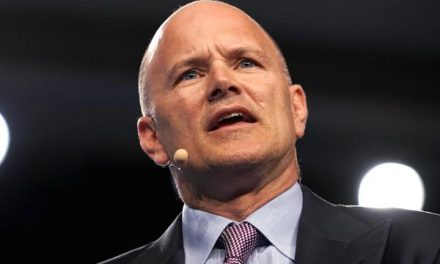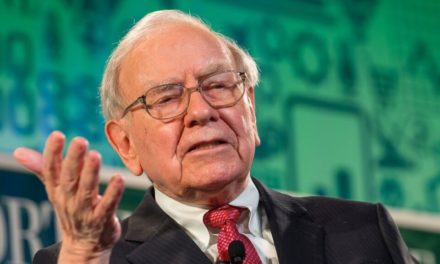Jeffrey Gundlach thinks the Fed is broken and that the central bank will revert to creating more currency to finance the greatest bank bailouts in history.
We are witnessing the trickle-up of wealth and power, it is a global banking cartel in the making as a few dominant players buy out smaller regional and community banks on the dollar.
An oligopolistic banking market means a few banks will be able to collude and dominate finance to build their utopian vision of a better world. So if the banking cartel doesn’t like a particular business because it provides affordable fossil fuels, or manufactures arms for self-defense there will be no regional or community bank left standing to provide vital banking services, payment services, loans, etc.
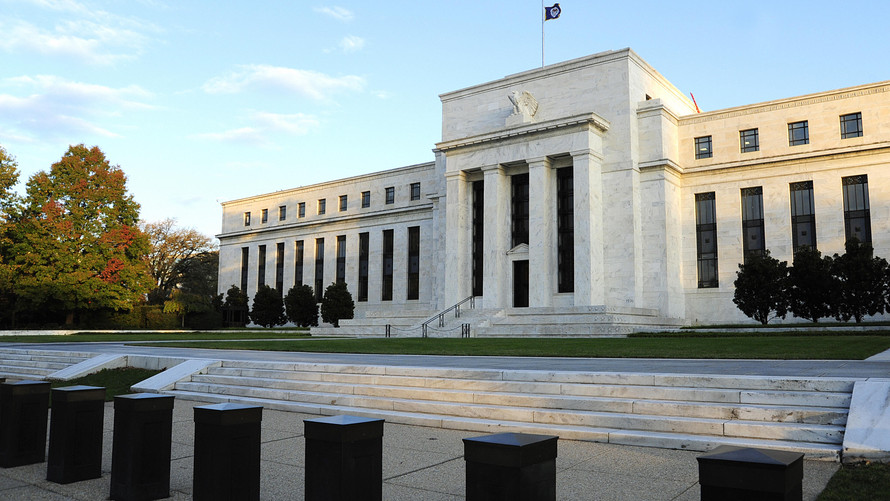
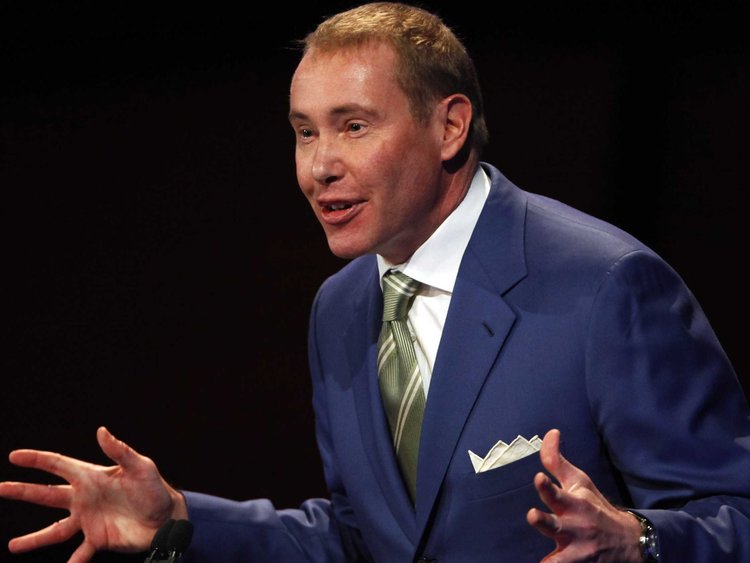
“Jeffrey Gundlach thinks the Fed is broken”
WEALTH TRAINING COMPANY
“I care not what puppet is placed upon the throne of England to rule the Empire on which the sun never sets. The man who controls the British money supply controls the British Empire, and I control the British money supply,” Rothchild 1815.
The hegemon, the secret shareholders of the Federal Reserve, a banking cartel, rule the world.
Jeffrey Gundlach thinks Fed is broken but it might be the opposite, the banking cartel is gaining more wealth, power, and influence
Think about it. There is no better way to control the money supply, the lifeblood of an Empire, than through a central bank aiding and abetting a banking cartel.
Jeffrey Gundlach, founder of DoubleLine, the world’s largest fixed-income investor fund with an AUM of $150 Billion (2019) has good reason to be fretting about the bond market.
The Fed’s futile seven rate hikes in 2022 to combat inflation has done nothing to dampen inflation but it has wreaked havoc on asset prices wiping 30 trillion USD off portfolios.
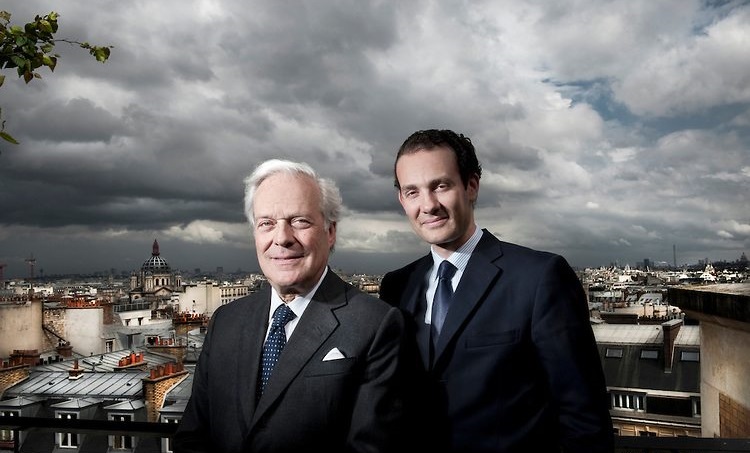
“The man who controls the British money supply controls the British Empire, and I control the British money supply”
ROTHCHILD 1815
For US bond investors, 2022 was the worst year in history, worse than the Great Depression.
The Great Depression US (1929-1939) was characterized by collapsing asset prices, mass layoffs, poverty, spiraling crime, and bank failures.
Is history repeating itself?
Jeffrey Gundlach thinks Fed is broken and he fears expanding wars
WW2 started with doubled-wing fighter planes and ended with unmanned flying bombs and a nuclear detonation over densely populated Japanese cities.
WW3 started as a proxy war in 2014 in Ukraine and is likely to end in a nuclear war. We see the synchronization of clocks, the US debt clock, and the Doomsday clock ticking away with many oblivious to the potential apocalypse that lies dead ahead.
“I think that the inflationary policy is back in play with the Federal Reserve … putting money into the system through this lending program”
– Jeffrey Gundlach
With exponential growth in public debt, the finance of unlimited bank bailouts, and untamable inflation could be why Gundlach thinks Fed is broken
If the Fed keeps hiking rates the bond market will sell off sending treasury yields higher and capital rotations out of bank deposit accounts into higher-yielding treasuries will continue. Put simply, more rate hikes will exacerbate a bank liquidity crisis, the catalyst for bank runs and bank failures. Banks can not sell their two-year treasuries to raise capital to meet depositors in a depressed market without realizing sizable losses.
Law of diminishing returns; more Fed hikes from here means the Fed will have to implement a policy of unlimited currency creation, quantitative easing infinity, which is inflationary, to bail out a string of future failing banks.
Jeffrey Gundlach thinks Fed is broken and he explains how he thinks the Fed will play it
Jeffrey Gundlach believes that Powell’s hikes continue to keep up its inflation-fighting efforts, due to credibility concerns.
“This is throwing a wrench in [Fed Chair] Jay Powell’s game plan,” Gundlach said.
“I wouldn’t do it myself. But what do you do in the context of all this messaging that has happened over the past six months, and then something happens that you think you’ve solved.”
Ironically adding that The Fed is doing this with one hand at the same time as enabling inflationary policy with the BTFP on the other:
“I think that the inflationary policy is back in play with the Federal Reserve … putting money into the system through this lending program,” said Jeffrey Gundlach.
“I think gold is a good long-term hold, gold and other real assets with true value, such as land, gold, and collectibles” – Jeffrey Gundlach
Jeffrey Gundlach also warned of an imminent recession – within the next four months – as the yield curve suddenly steepens
“In all the past recessions going back for decades, the yield curve starts de-inverting a few months before the recession,” adding, “I think it’s within four months at the most. Almost every indicator is flipped into high probability. The only one that hasn’t is the unemployment rate,” he said.
Jeffrey Gundlach noted that at 3.6%, the unemployment rate just crossed above its 12-month moving average.
Which, historically, has been “a reliable indicator you’re on the doorstep” of recession.
But many believe the US recession started six months ago, and we could be heading into a depression.
Gundlach viewed Silicon Valley Bank’s failure as “a rate policy collision with stupid accounting rules” for banks. He thinks the Fed’s reaction was inflationary and antithetical to their inflation-fighting stance.
“By bailing out depositors at SVB, that’s essentially quantitative easing” by the Fed, he said.
“Making those depositors whole is about the same as a month or two of reversing quantitative tightening.”
He remains bearish on stocks, and he likes gold. But he also thought bonds were attractively priced in November 2022.
“The goal for 2023 is survival, and losing as little money as possible,” he said.
Jeffrey Gundlach thinks Fed is broken, with a negative $1.1 trillion balance sheet. There’s nothing they can do to fight any problems except for printing money.
“They have nothing left. The Fed used to send money to Treasury. Now Treasury sends money to the Fed.
We’re at this point where we don’t have any road left to kick the can on our mismanagement of finances and monetary policy,” he said.
If government spending continues, he predicts “the dollar will collapse under the weight of the deficit.”
“I think gold is a good long-term hold, gold and other real assets with true value, such as land, gold, and collectibles,” he said.

